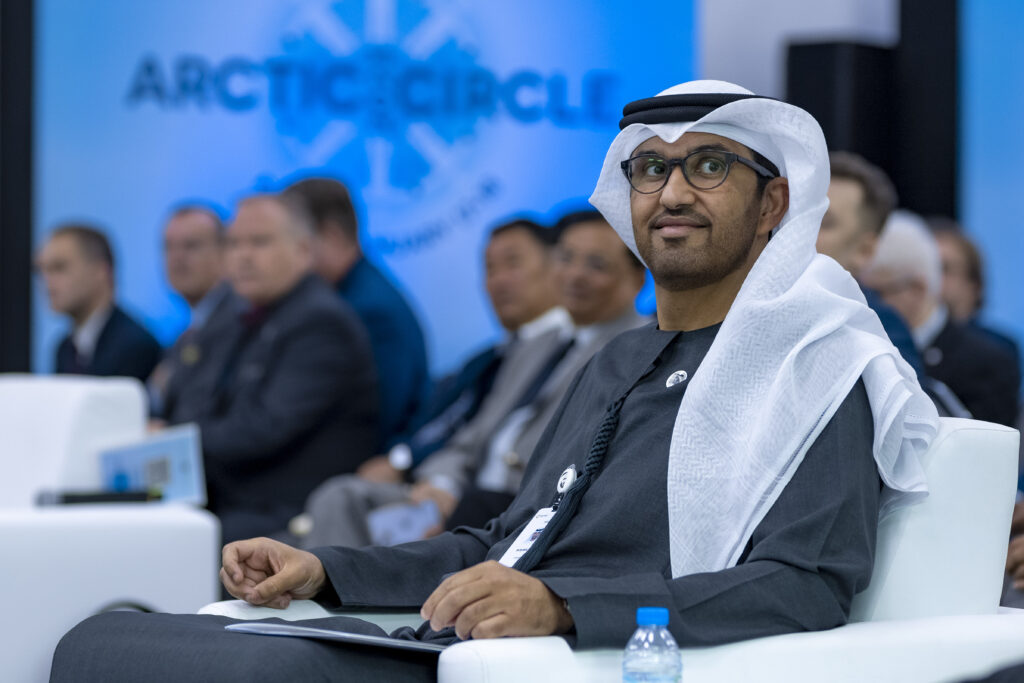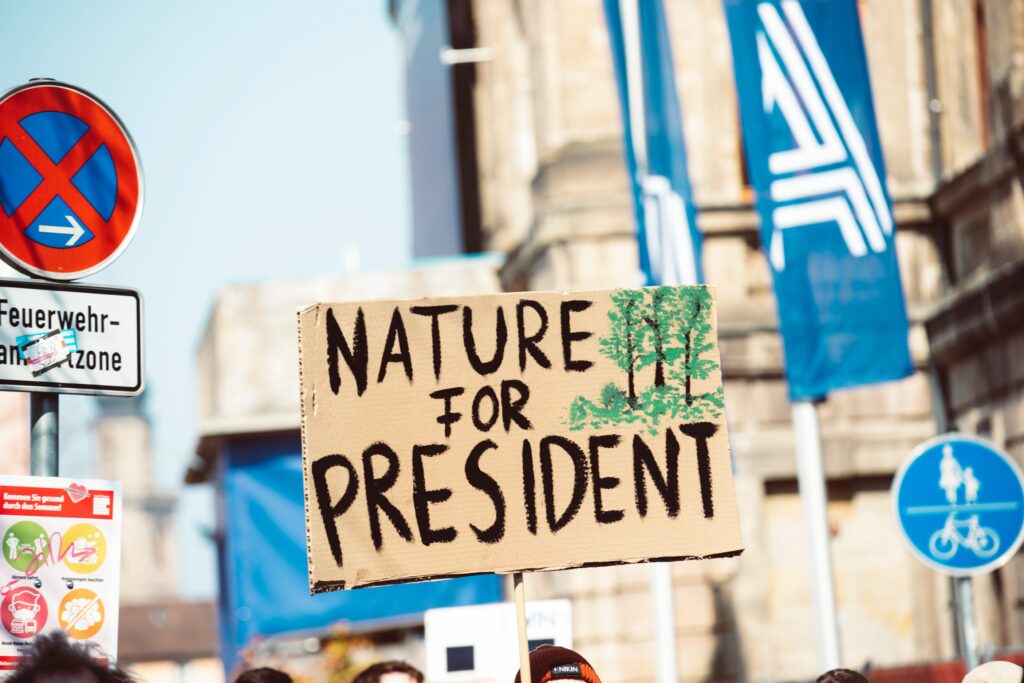COP28: UAE-Hosted UN Climate Summit to Serve Mostly Vegan Food
4 Mins Read
Following heavy backlash for its meat-intensive menus in previous years, the UN has confirmed it will serve mostly vegan food at the upcoming Climate Change Conference (COP28) in Dubai. The landmark decision is a first for the intergovernmental body and comes after years of campaigning by vegan activists. Coinciding with the UAE’s Year of Sustainability, the move is a firm acknowledgment of the impact of the animal agriculture industry on climate change.
Last year, the annual summit (held in Egypt) hosted its first-ever pavilions dedicated to food system changes, while Glasgow’s COP26 saw the UN introduce climate labels to the meat-heavy food menu, but fail to add food and livestock farming to the agenda. However, in a response to a letter from activists demanding at least three-quarters of this year’s menu be vegan, UAE’s COP28 President-Designate Dr Sultan Al Jaber confirmed the conference’s decision to go plant-forward.
Sent in April, the letter was co-signed by the Youth and Children Constituency of the UNFCCC (YOUNGO) and over 140 youth and civil society organisations, who teamed up with advocacy group ProVeg International. Apart from demanding a predominantly vegan menu, the letter also called for it to be regionally sourced (where possible) and culturally inclusive.
“Progress on climate-friendly catering has already been made at previous COPs and major climate events in Bonn, Glasgow, and Stockholm,” the letter read. “Yet, despite persistent demands from attendees, especially youth, the food on offer at these events has been out of step with the climate emergency.”
In his response, Al Jaber said: “The COP28 Presidency has a firm focus on transformational action on food systems within the wider global climate change agenda. As part of this, we intend to demonstrate sustainable food systems in action at COP28 itself. My team has been working to ensure the availability of plant-based food options that are affordable, nutritious, and locally and regionally sourced, with clear emissions labelling.”
Leaked document reveals sensitive issues for UAE

Following this decision, a document leaked to the Guardian revealed a list of “sensitive and touchy issues” facing the UAE’s presidency of COP28. While the first three pages, filled with “COP28 UAE key messages” and “narrative points”, nod to renewable energy and hydrogen, they fail to mention fossil fuels, oil or gas.
Despite its presidency, the UAE has the world’s third-largest net-zero-busting plans for oil and gas expansion, according to the Guardian. Meanwhile, new fossil fuel developments are incompatible with the 2050 net-zero goals, and experts say slashing the burning of fossil fuels is the biggest and most urgent action needed to curb global heating.
“We need to reduce emissions in the systems we depend on today” is another key message, but former UN climate leader Christiana Figueres called an emissions-only focus, rather than a spotlight on burning fossil fuels, “dangerous” in May.
Additionally, Al Jaber is also the CEO of Adnoc, the UAE national oil company, which the document reveals hasn’t disclosed its emissions or published a sustainability report since 2016. (It adds that Adnoc is “currently conducting necessary studies”.) “Climate ambition” is another issue listed, with the UAE increasing its pledges’ ambition recently. But even then, its pledge would allow the country’s carbon emissions to increase until 2030. Global organisation Climate Action Tracker rates the UAE’s environmental plans as “insufficient”.
Veganism and climate change

Despite the controversy, COP28’s decision has been welcomed by environmental activists and vegan advocacy groups. And it’s in line with consumer sentiment in the UAE – 44% of its residents are open to substituting meat and dairy with vegan alternatives.
It comes after a pivotal study in Nature Food last month outlined the significant impact of animal agriculture on climate change. It found that vegan diets can cut planet-heating emissions, land use and water pollution by 75% when compared to meat-heavy diets. Similarly, a 2021 report in the same journal revealed that global greenhouse gas emissions from animal-based food are twice as high as those from plant-based food.
This also follows the Intergovernmental Panel on Climate Change’s third assessment report last year, which suggested that shifting to plant-based diets (alongside other alt-protein) could result in a “substantial reduction in direct greenhouse gas emissions from food production”. And it didn’t need to be a fully vegan lifestyle, as the report said adopting a healthy Mediterranean-style diet (rich in grains, vegetables, nuts and moderate amounts of fish and poultry) could be nearly as effective. This outlines the importance of COP28 (November 30 to December 12) going “mostly vegan”, as there is tons of scope for progress.
However, in a leaked draft of the original sixth report, the authors initially recommended a shift towards plant-based diets – before the wording was softened in the final version.
ProVeg will also host the Food4Climate pavilion at this year’s event. “The pavilion will serve as a space to host events, as well as [provide] a showcase for expert discussions and facilitating engagement with a diverse group of COP stakeholders on topics such as agricultural climate mitigation and adaptation solutions.”
It remains to be seen whether this change is a one-off, or if future UN climate conferences continue to adopt predominantly plant-based menus.



